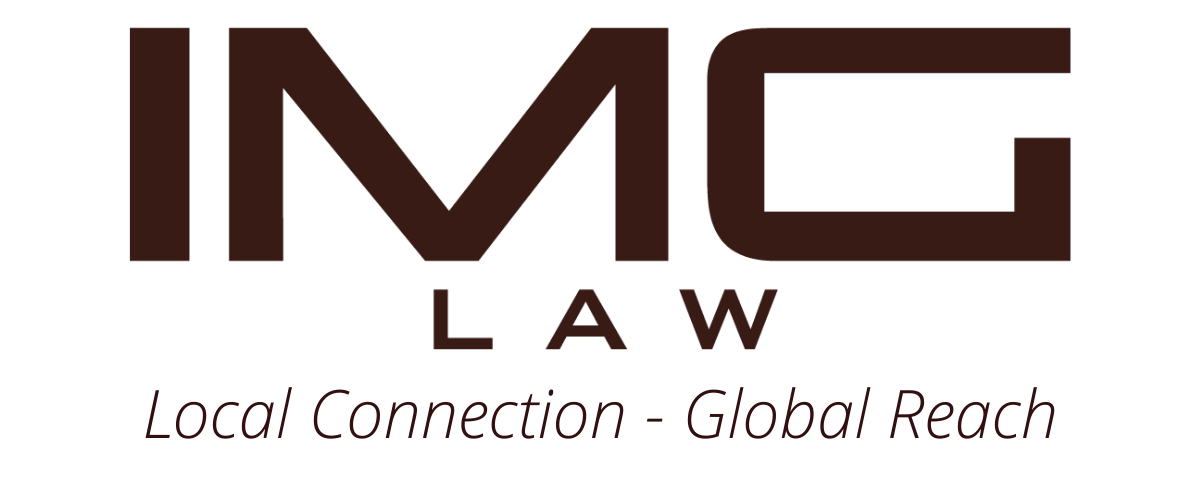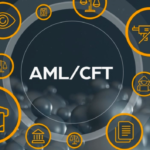What Is a Blockchain?
A blockchain is a distributed database or ledger shared among a computer network’s nodes. They are best known for their crucial role in cryptocurrency systems for maintaining a secure and decentralized record of transactions, but they are not limited to cryptocurrency uses. Blockchains can be used to make data in any industry immutable—the term used to describe the inability to be altered.
Because there is no way to change a block, the only trust needed is at the point where a user or program enters data. This aspect reduces the need for trusted third parties, which are usually auditors or other humans that add costs and make mistakes.
Since Bitcoin’s introduction in 2009, blockchain uses have exploded via the creation of various cryptocurrencies, decentralized finance (DeFi) applications, non-fungible tokens (NFTs), and smart contracts.
How Does a Blockchain Work?
You might be familiar with spreadsheets or databases. A blockchain is somewhat similar because it is a database where information is entered and stored. But the key difference between a traditional database or spreadsheet and a blockchain is how the data is structured and accessed.
A blockchain consists of programs called scripts that conduct the tasks you usually would in a database: Entering and accessing information and saving and storing it somewhere. A blockchain is distributed, which means multiple copies are saved on many machines, and they must all match for it to be valid.
The blockchain collects transaction information and enters it into a block, like a cell in a spreadsheet containing information. Once it is full, the information is run through an encryption algorithm, which creates a hexadecimal number called the hash.
The hash is then entered into the following block header and encrypted with the other information in the block. This creates a series of blocks that are chained together.
Pros and Cons of Blockchain
For all of its complexity, blockchain’s potential as a decentralized form of record-keeping is almost without limit. From greater user privacy and heightened security to lower processing fees and fewer errors, blockchain technology may very well see applications beyond those outlined above. But there are also some disadvantages.
Pros
- Improved accuracy by removing human involvement in verification;
- Cost reductions by eliminating third-party verification;
- Decentralization makes it harder to tamper with;
- Transactions are secure, private, and efficient;
- Transparent technology;
- Provides a banking alternative and a way to secure personal information for citizens of countries with unstable or underdeveloped governments.
Cons
- Significant technology cost associated with some blockchains;
- Low transactions per second;
- History of use in illicit activities, such as on the dark web;
- Regulation varies by jurisdiction and remains uncertain;
- Data storage limitations.
Sources: Collected










